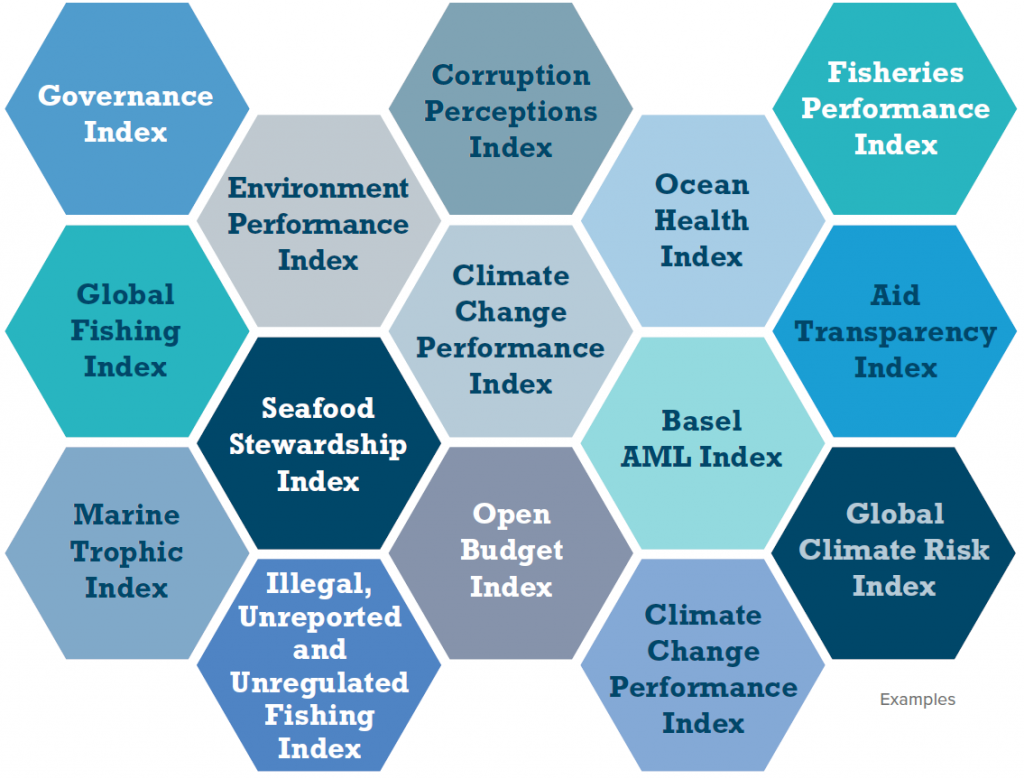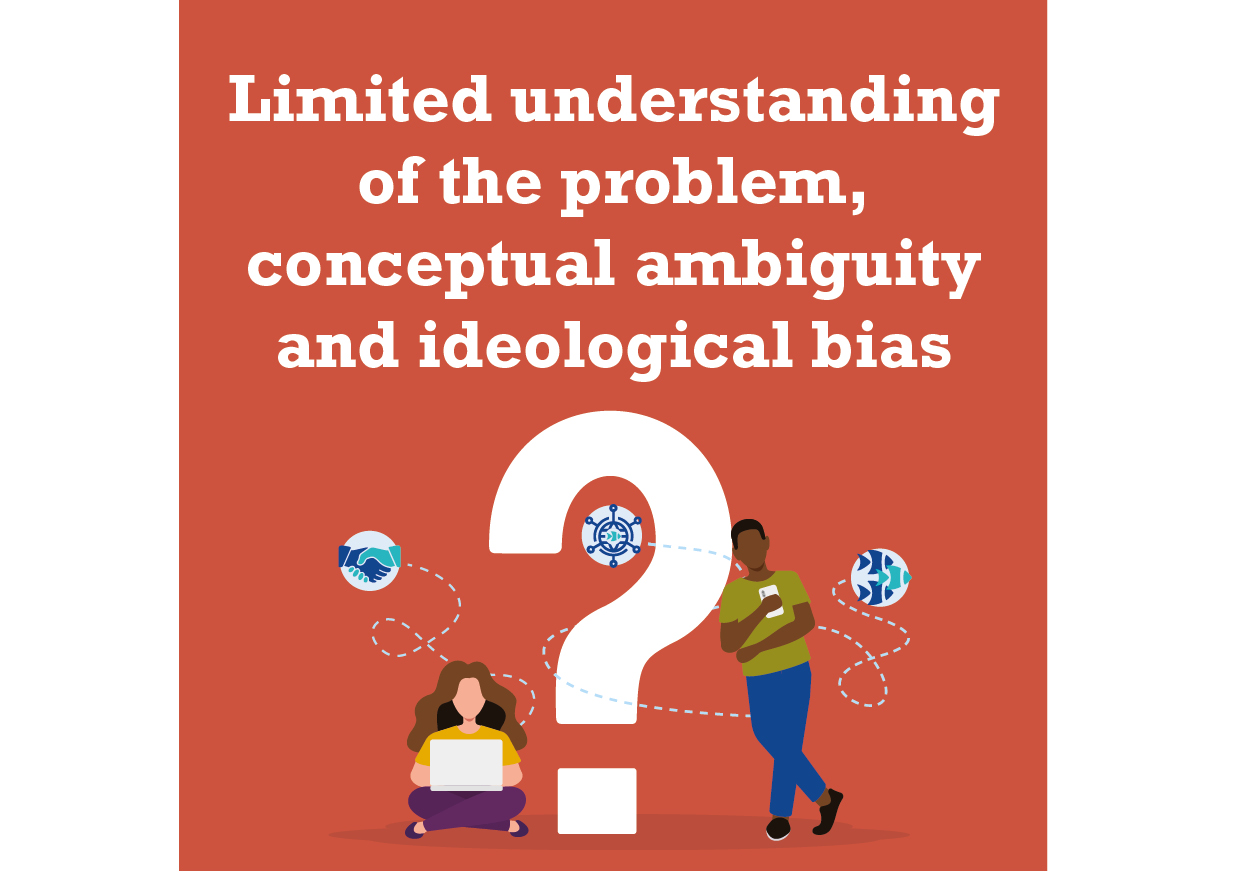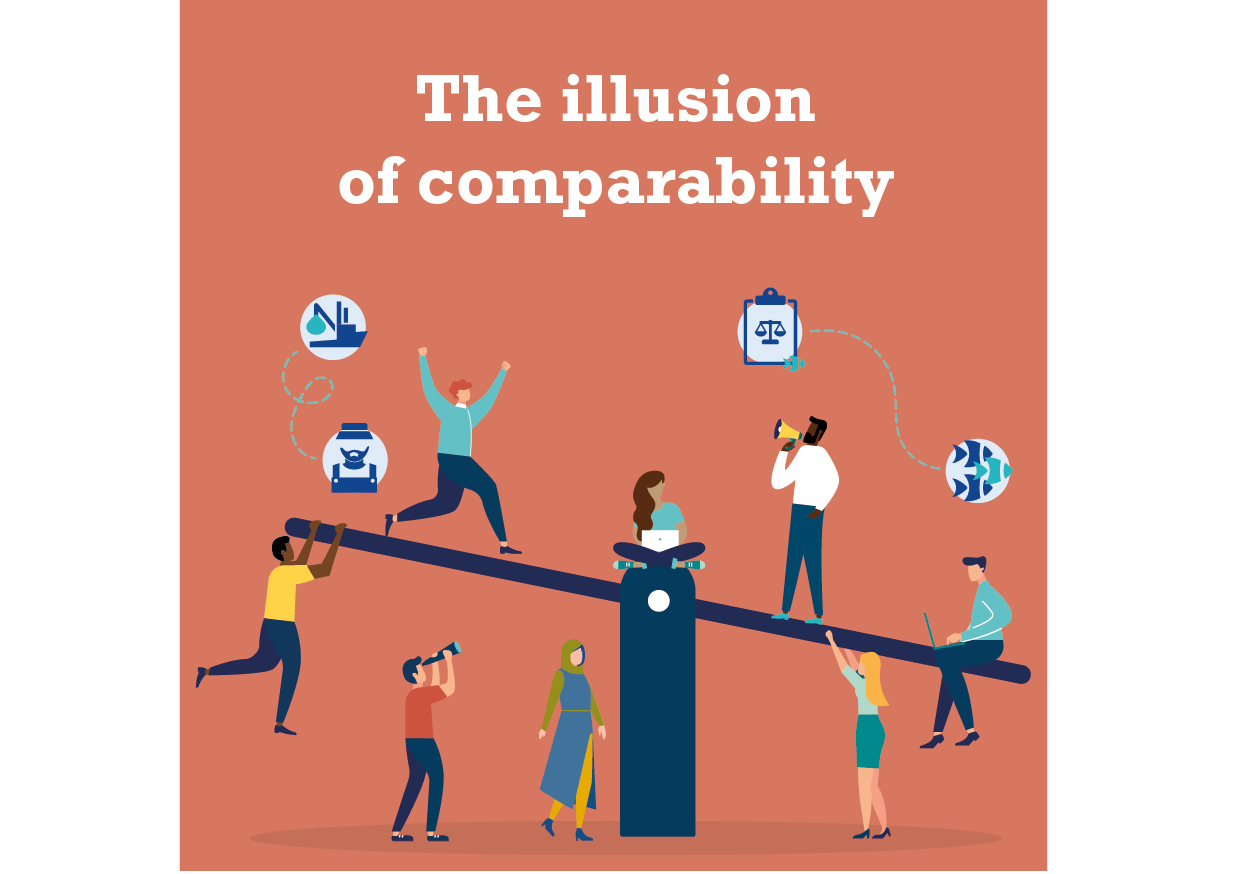tBrief #07 – Resisting the urge to index: The case against ranking fisheries transparency efforts

Quantitative analyses and country comparisons (e.g. in the form of an index) are an inevitable outcome of research on transparency and this can be a valid way to simplify information and support advocacy. But there are strong reasons, both practical and theoretical, for resisting the urge to produce indicators of transparency and then turn these into a global index for transparency in fisheries.
Over the past few decades, there has been a proliferation of indexes created to understand and influence the way society works. Such indexes, often ranking countries from good to bad, are used for many international advocacy campaigns, covering topics such as corruption, child poverty, good governance, human rights, as well as various aspects of fisheries.

Although indexes are so widely used and relied on, some have been rightfully criticised. There is doubt over the validity of simple scores, the ambiguity of what they measure, and the assumption that often diverse entities, such as countries, can be easily compared to each other. Indexes also imply that countries are largely responsible for their own scores and can improve by ‘racing to the top’.




As we have recently embarked on a complementary endeavour to assess the level of information on fisheries management that national authorities already publish on their websites (entitled ‘TAKING STOCK’ assessments), this 7th edition of our tBrief series is therefore somewhat different. It reflects our own – admittedly sometimes controversial – discussions regarding the benefits and challenges of assessing transparency efforts and, in particular, the temptation then to use such assessments to rank countries from ‘best to worst’ as part of a global index of transparency in fisheries.
Despite the fact that attention to transparency in fisheries increases, we argue that there are many reasons why the temptation in creating a global fisheries transparency index should be resisted. While analysis of transparency within and between countries is important, research must recognise national contexts and international influences. Supporting positive changes over time requires collaboration and understanding of national priorities and resources. A global transparency index offers, at best, a blunt instrument to do this – and risks oversimplifying the complexity of marine fisheries.
We hope that you enjoy reading this tBrief. If you have any comments, questions or suggestions, please contact us.
You can download the tBrief in the following three languages:
This publication is funded by the Gordon and Betty Moore Foundation. Other tBrief editions can be found here.
